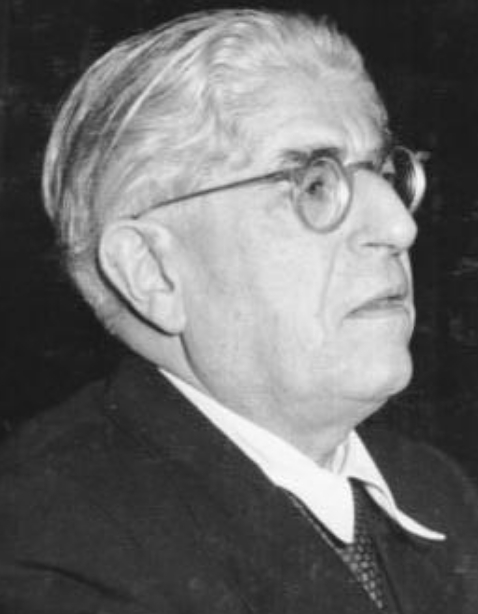On this date in 1885, German Marxist philosopher Ernst Bloch was born in Ludwigshafen in the German Empire. Bloch, the son of a railway worker in a family of assimilated Jews, drew on the work of German philosophers such as Kant, Schilling and Hegel, and developed his opposition to industrial capitalism at a young age. Like many of his colleagues — such as Theodor Adorno, Walter Benjamin, Bertolt Brecht, and Georg Lukacs — his radical politics and Judaism necessitated he flee Germany with the rise of Nazism.
The prevailing concern of Bloch’s major works is the concept of utopia. His first book, Spirit of Utopia (1918), demonstrated the radical ingenuity of his conception of utopia, which he viewed as a present force in the real world.
In his 1968 book, Atheism in Christianity, Bloch challenged the notion that atheists must uniformly denounce religious convictions and traditions. Bloch examined Christianity’s social roots, biblical utopianism and anti-authoritarianism, contending there was an unexplored heresy concealed in the bible covertly suggesting that the “good Christian” was also an atheist.
Bloch insisted that skeptics and thinkers move beyond the “crude intellectual polarization” between scientists, philosophers, theorists and believers. D. 1977.

